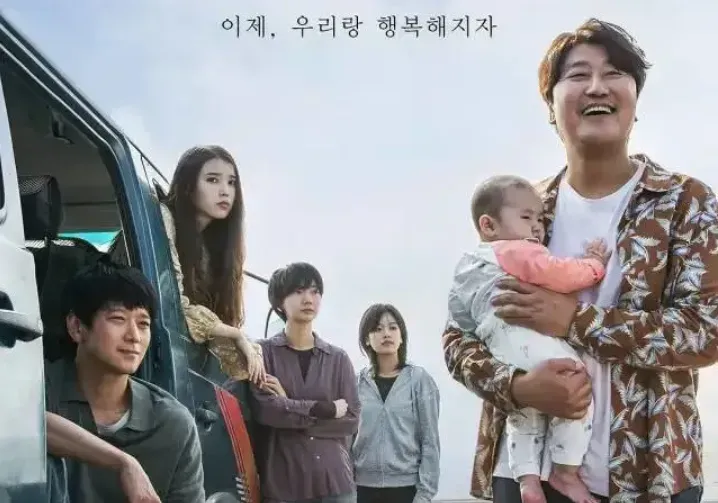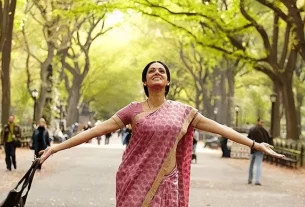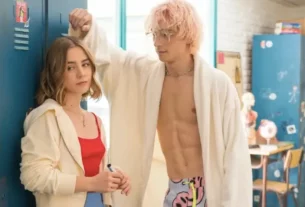Director Hirokazu Koreeda’s new film ‘Broker’ has been getting a lot of attention. In addition to the director’s own strong appeal, the cast is also very bright, including the well-known Kang-ho Song, Dong-won Kang, Doona Bae, Lee Ji Eun and others, among which Kang-ho Song also won the Best Actor Award in the Cannes Competition for this film. The film also won the Best Actor Award in the main competition at Cannes.
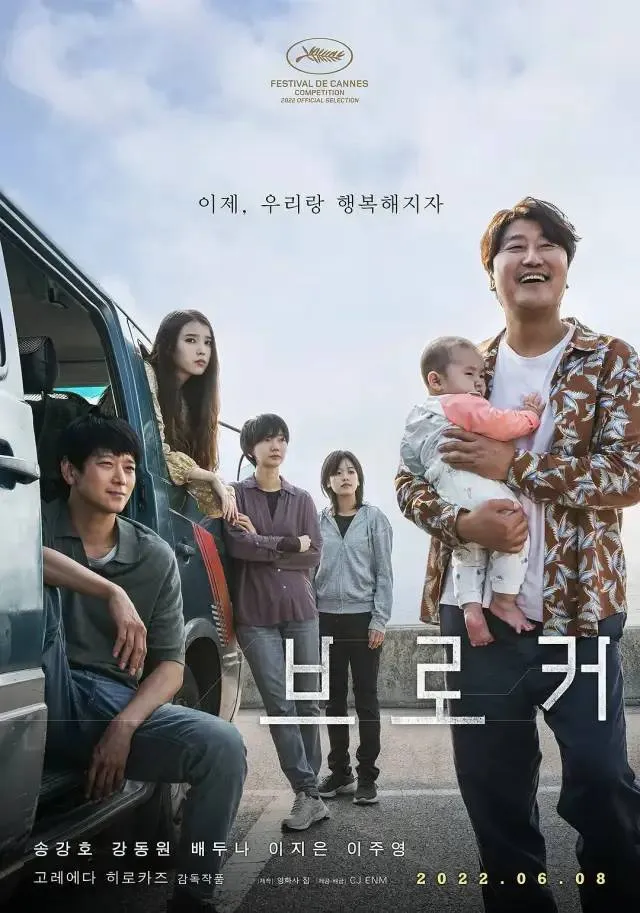
The movie is built around a broker who sells babies, prostitutes, babies, and police officers to form the story, and everyone is expecting that it will be the Korean version of ‘Shoplifters’.
But after the film was widely distributed, the evaluation was not so good.
Although Hirokazu Koreeda wrote and directed the story, it does follow the usual warm and soothing rhythm to tell the story, broker, prostitutes, orphans and other characters with a sad past to form a temporary family, in order to test the goal of human nature together, through a journey to heal the wounds of each heart.
Hirokazu Koreeda has always been good at exploring family structures and portraying moral dilemmas. However, the actual presentation of ‘Broker’ is a bit unconvincing, so the viewing experience always wavers between familiarity and disorientation.
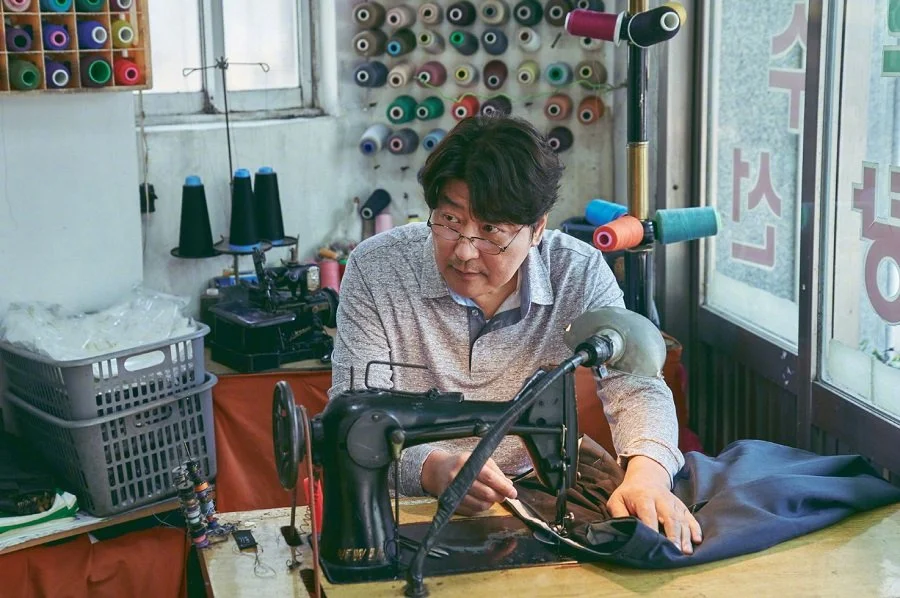
In fact, the subject of ‘Broker’ itself already provides a space worth exploring, splitting up the kinship between congenital blood and acquired companionship, describing the process of generating emotions in a team-based family, which is similar to his previous work ‘Shoplifters’.
However, the difficulty of the story is also obvious: the sale of human beings is a crime, how to retain the moral appeal through the video practice, but also profoundly illustrate the multifaceted human nature of the buyer and seller.
The former is the tone of the film and the latter is the image itself, which seems to be the most acceptable and touching principle of expression in theory.
Although stories from ‘Nobody Knows’ to ‘Shoplifters’ are based in the land of moral right and wrong, they are primarily one-sided observations, focusing on marginalized groups.
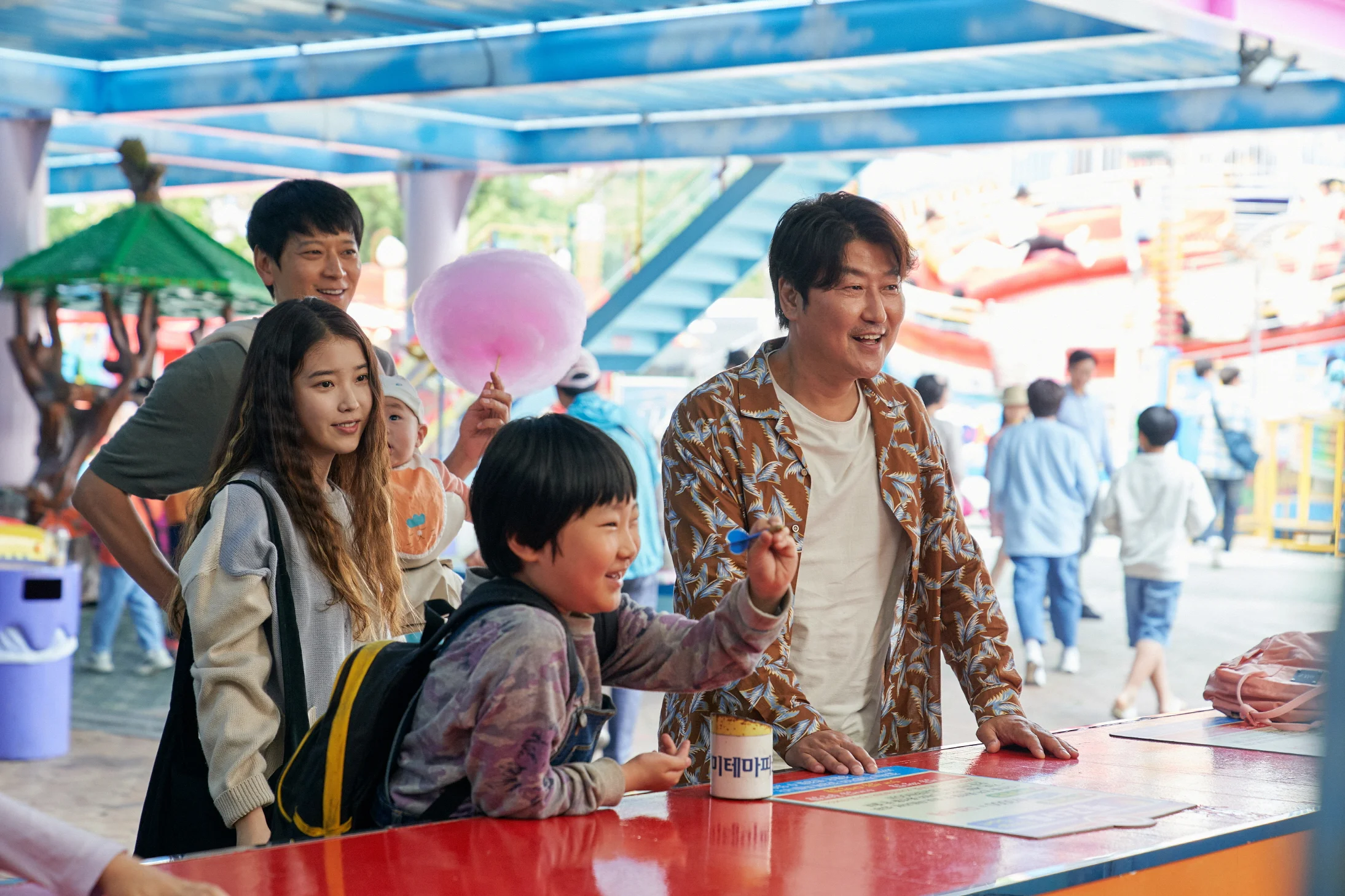
While ‘Broker’ tries to be more perspective, the perspective is used to share the point of view, and each character expresses their own words around the matter of buying and selling babies.
The broker Dong-soo, played by Kang Dong Won, who grew up in an orphanage, extrapolates from himself to others, and Sang-hyeon, played by Kang-ho Song, a good brother who believes that with parents who take money and beg for money, selling babies does not have to suffer moral dilemmas.
Broker can already do this business just by looking at the money, but if you give yourself a mission and raise the banner of rescue, you can sell abandoned babies with more peace of mind.
Because this rises from a mere transaction to the level of redemption, regardless of what they think in their hearts, the surface has become a compound event.
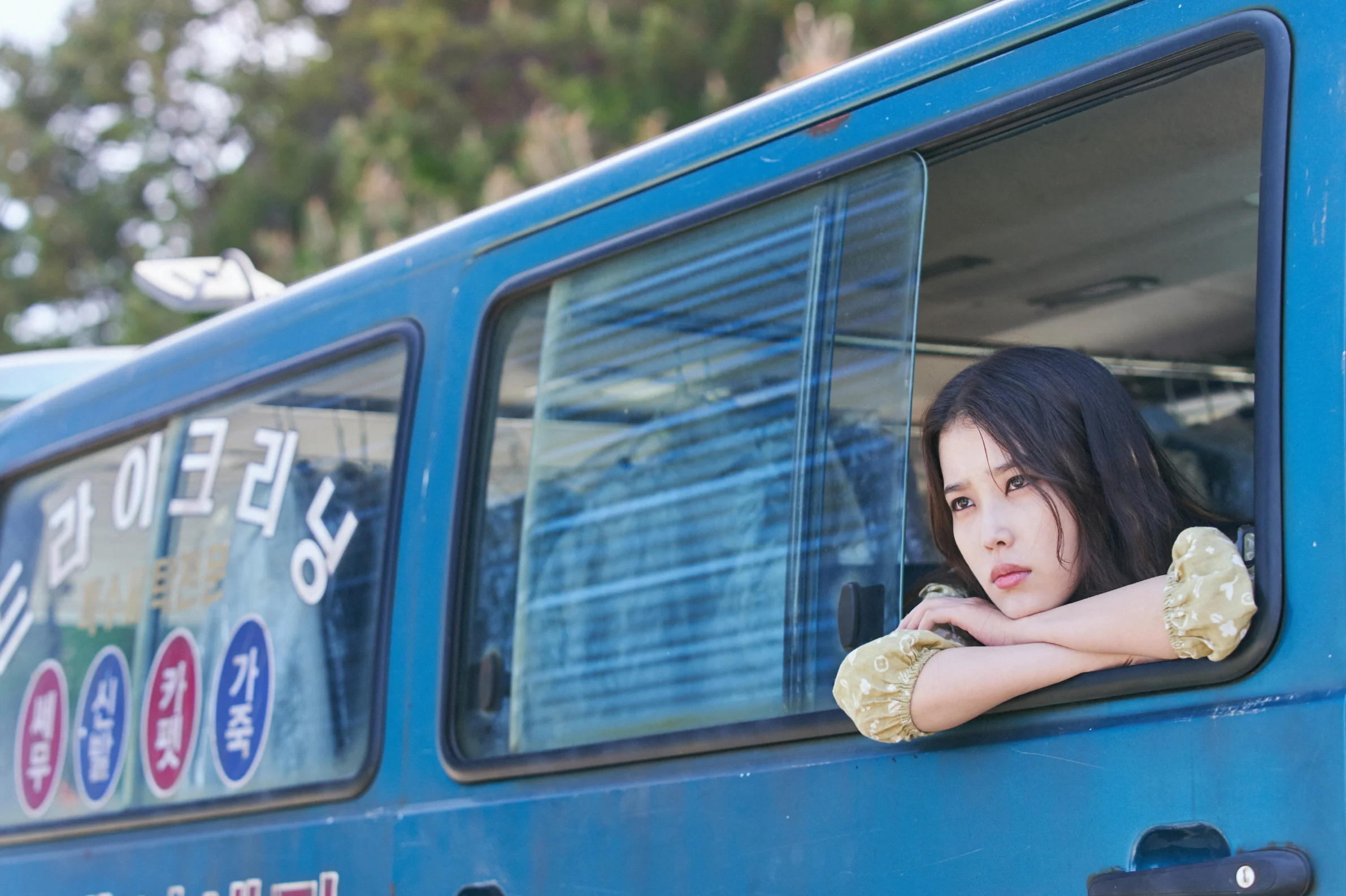
Lee Ji Eun plays the role of So-young, the birth mother who is upset after abandoning her child, but is powerless and determined to get the child back to raise it alone, and finally chooses to personally gatekeep the choice of buyer parents. This seems to be a caring for the child, but in reality it is a carefully concocted shirking of responsibility.
There is nothing wrong with picking parents with more favorable conditions, but when all is said and done, in the end it comes down to a monetary transaction, which can make the previous conditions seem light, or at least much less sincere.
Director Hirokazu Koreeda could not avoid this most poignant conflict and repeatedly questioned it in the film.
But it is clear to all that this is a tangled mass of imaginary lines, can only figure out how many colors, but nowhere to start, not to mention the impossibility of unraveling.

Doona Bae and others play police officers who take a firm stance on the sale of babies, don’t raise them or don’t have them, to stop such incidents from happening at the source.
However, people are not machines, and life is not about executing binary commands, so things happen again and again, and there have been and will be.
So this viewpoint in the film positioning is somewhat awkward, not to say that there is no attitude, said and added complaints.
This is why the director has drawn out a second reflection to dilute the awkwardness of the “don’t have a baby if you don’t raise one” in the film. This is in fact what he wants to express, reflecting on the role of the police who induce crime in the baby trade, in the name of justice, but facilitate the illegal trade.
‘Broker’ story focus is not about the capture or crime, broker with his birth mother to find buyers more like a trip, more bright tones, temporary family also in the process of play, dissolve each other’s heart.
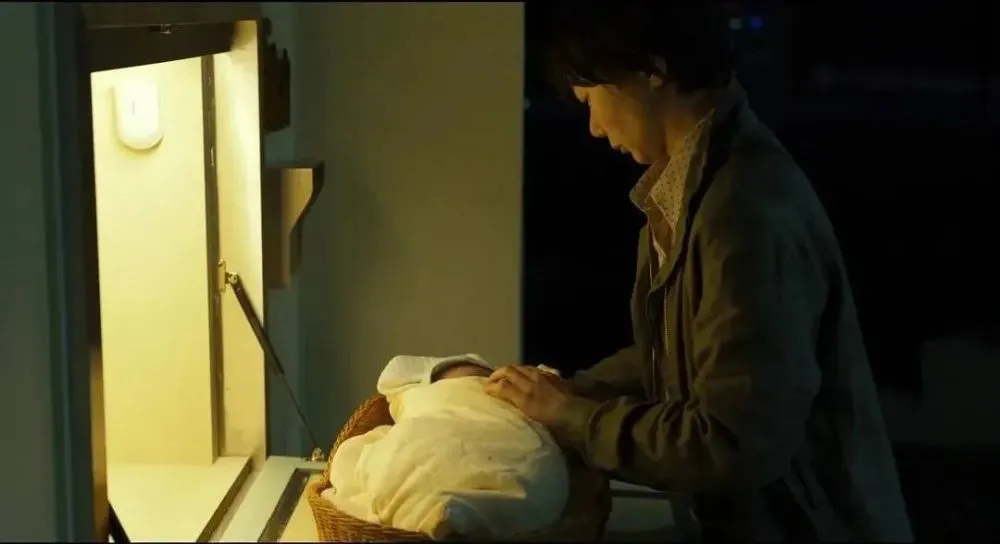
The police followed like a spectator, witnessing their behavior, commenting on their practices, looking at the unbearable to find the birth mother to show their attitude to a big fight, and I wonder if there is a metaphor for the relationship between the film and the audience.
The ‘Broker’ gesture is a bit awkward, and the language is a problem that cannot be ignored.
Hirokazu Koreeda is a writer and director with a strong creative ability. However, as a Japanese, he must have set the tone in his mind when creating the story in Japanese, and the logic of the story, the behavior of the characters and the writing of the lines are all in accordance with the inertia of his native language.
Language determines universal character, and the process of film and television is itself a process of discovering and showing the individuality of each nationality. So ‘Broker’ is more like a Korean film with a Japanese mindset and a transplanted story model.
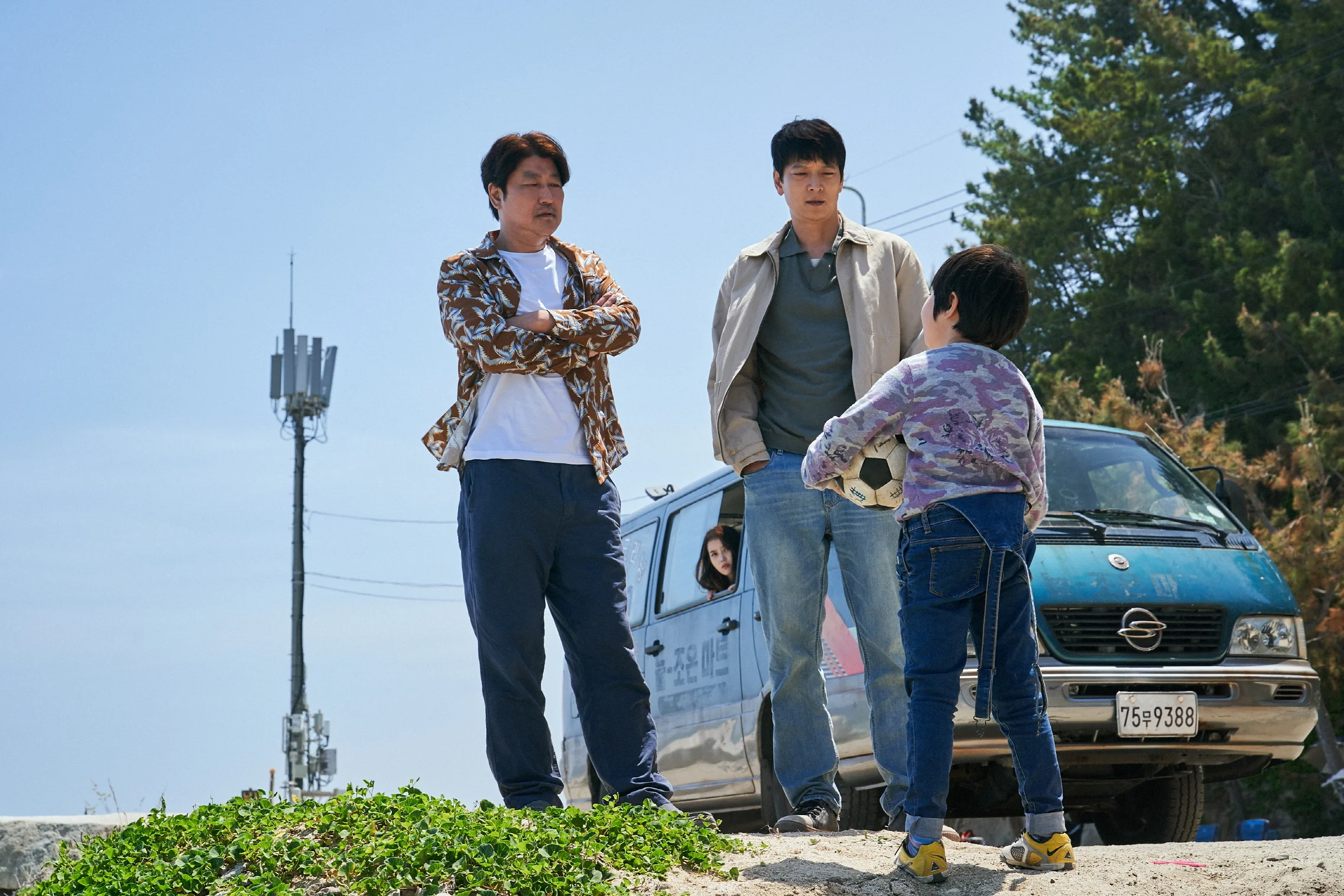
Its external form of expression, the image shaping process, relies heavily on the Korean team. The group of Korean actors act as the main body of the picture, interpreting the tone of their nation.
And the photographer who has shot ‘Burn’ ‘Gisaengchung’ also knitted the box for ‘Broker’.
Hirokazu Koreeda from Japan leads the ship, and also serves as director, screenwriter and editor, so no matter what kind of Korean costume the film wears, in fact, the flesh and bones inside, or built on his experience of observing Japanese life over the years.
So the whole film might have been much smoother if the dialogue had been in Japanese instead.
In addition to expressing national identity, language also influences performance style.
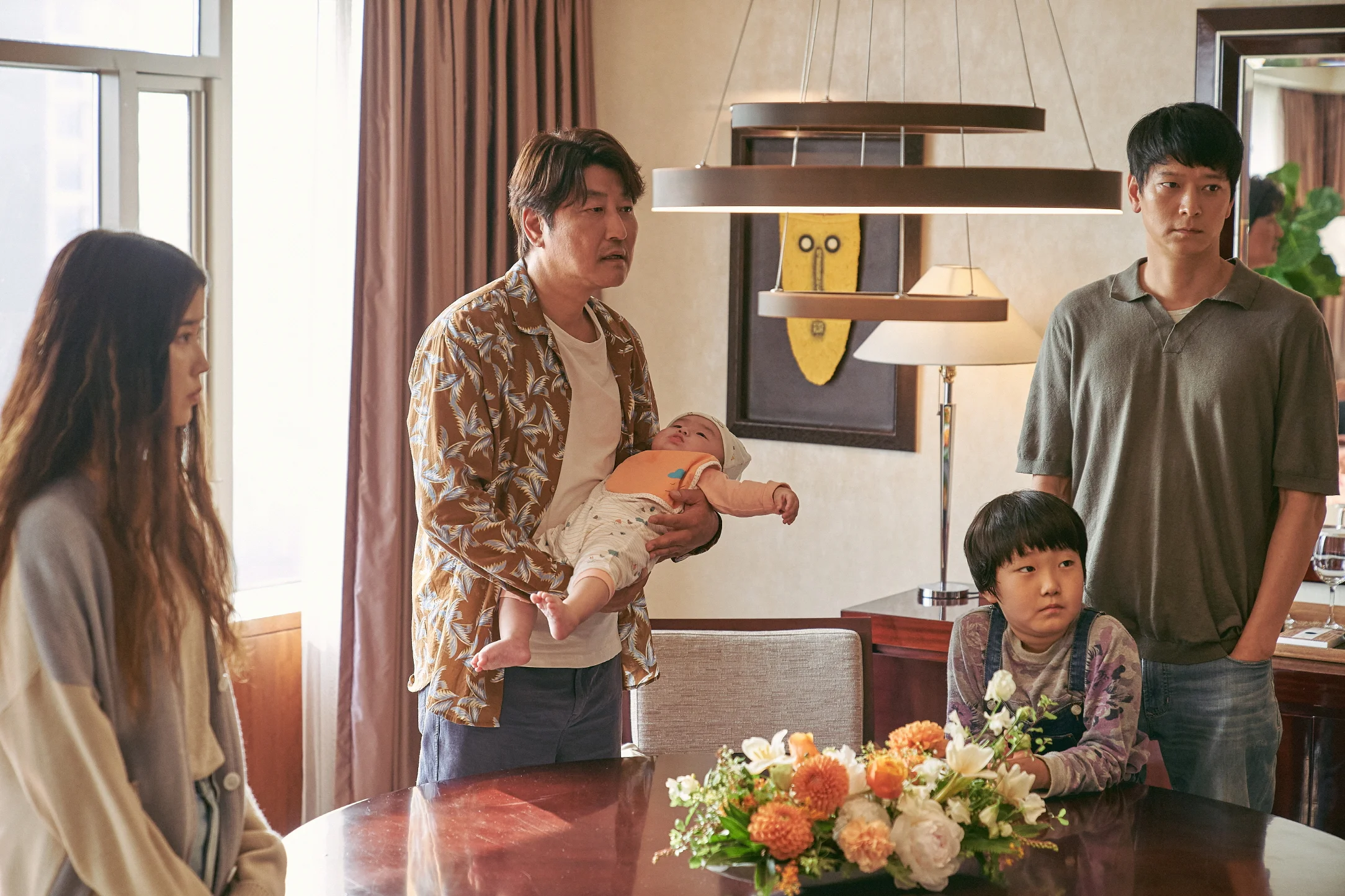
Japanese movies especially focus on monologue delay, often see the Japanese actors perform fragmentation, Hirokazu Koreeda is also used to give such shots, but this time the parallel shift, the monologue effect seems to have become weaker.
For example, in the monologue scene of Doona Bae in ‘Broker’, the Japanese endings with no real meaning are missing while the camera is waiting for a delay. So the lines are interrupted and fall into silence, and the emotion that should be maintained is immediately cut off.
‘Broker’ seems like a translation of a film, and a production-level translation at that. After all, writing across languages is extremely difficult, and native language learning is a lifelong process.
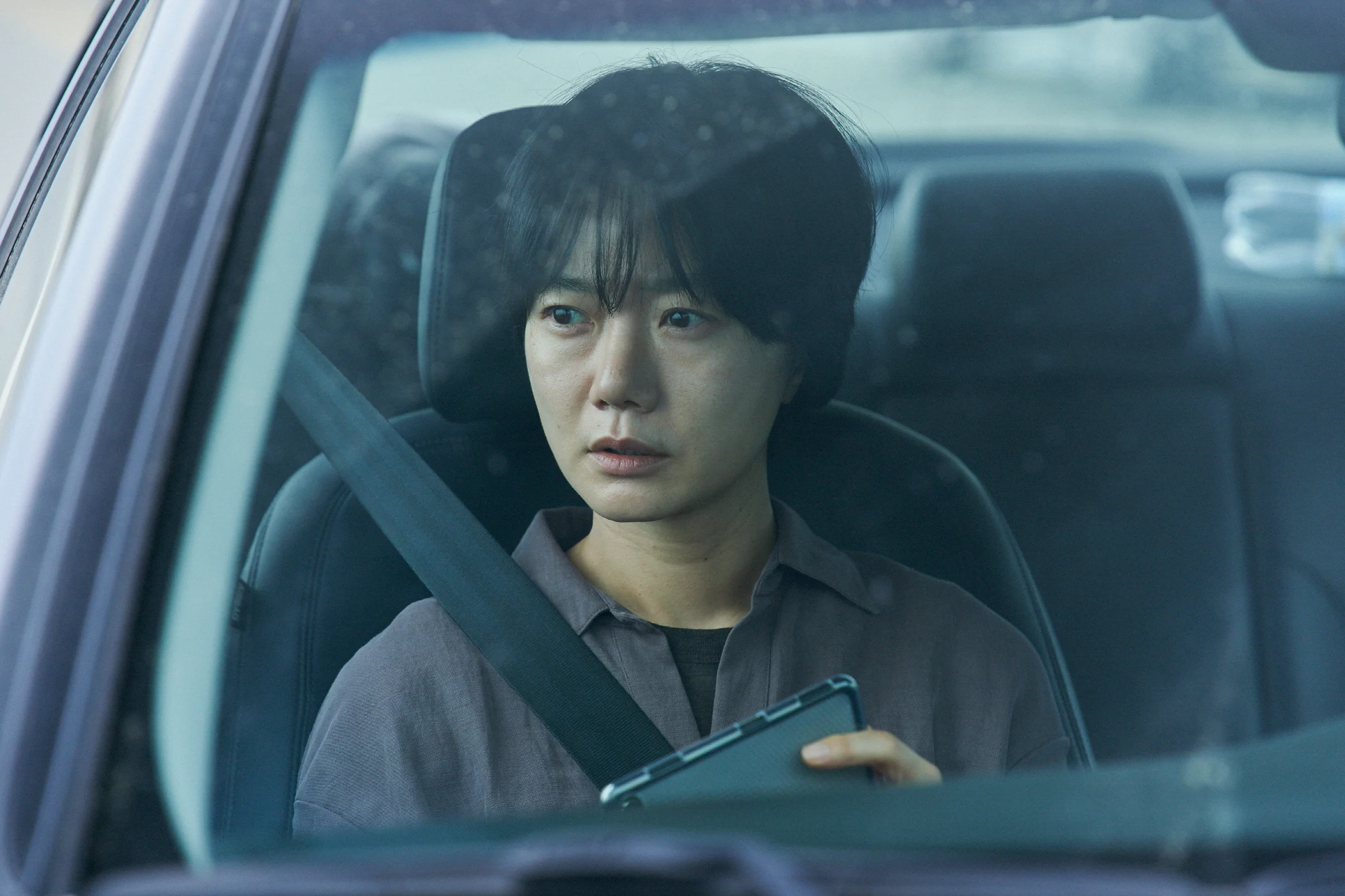
If you are lucky enough to encounter a good context, of course, you can also produce a good picture, but more often than not, it is a pity.
So ‘Broker’ is a work with flaws, but that doesn’t stop us from continuing to look forward to Hirokazu Koreeda’s work, whose unique narrative rhythm and humanistic concerns will always appeal to fans.
Just next time, please return to the Japanese context and be the Hirokazu Koreeda who is so comfortable.
Related Post: Hirokazu Koreeda’s new film “Broker” held a VIP premiere, with all the main creators present.
